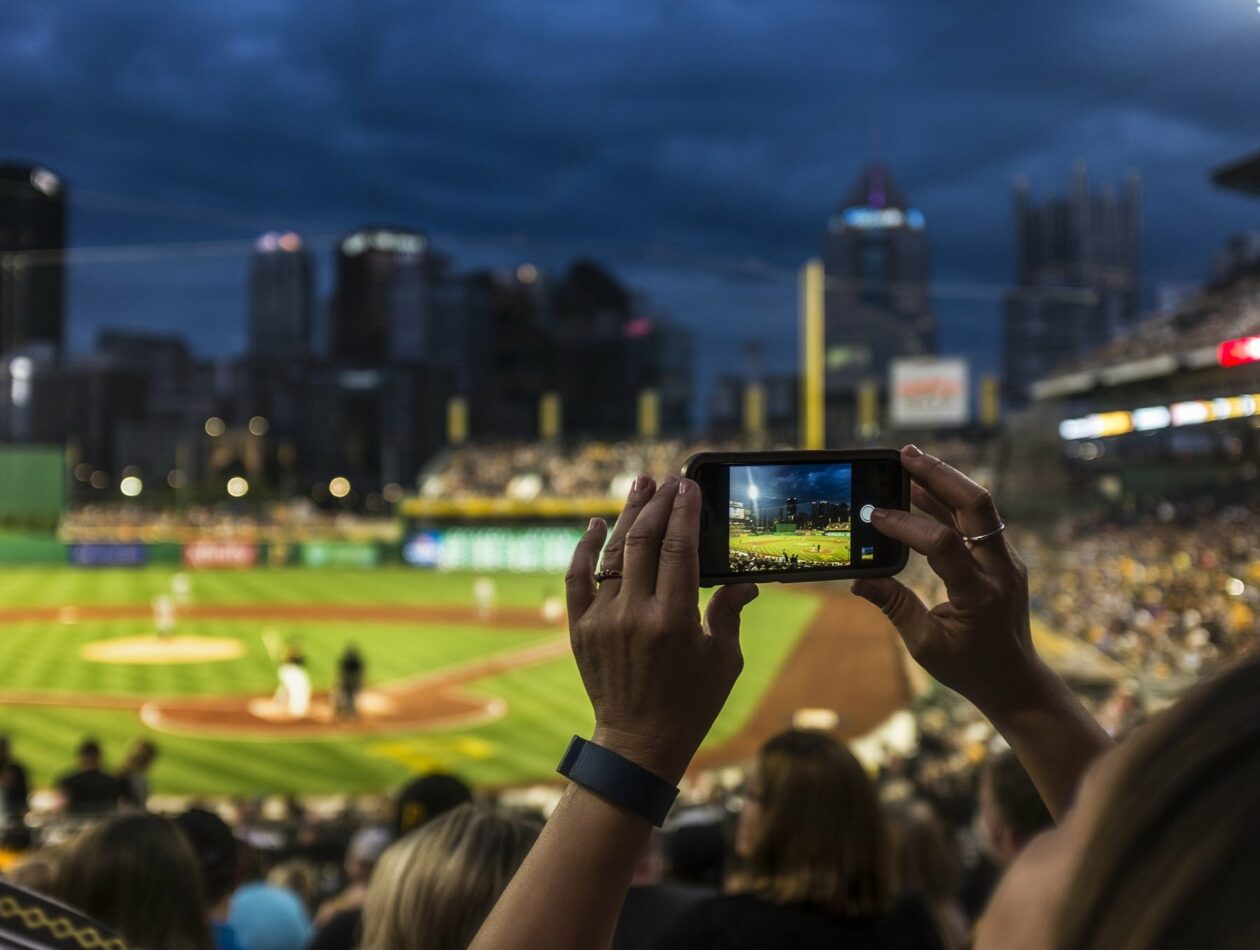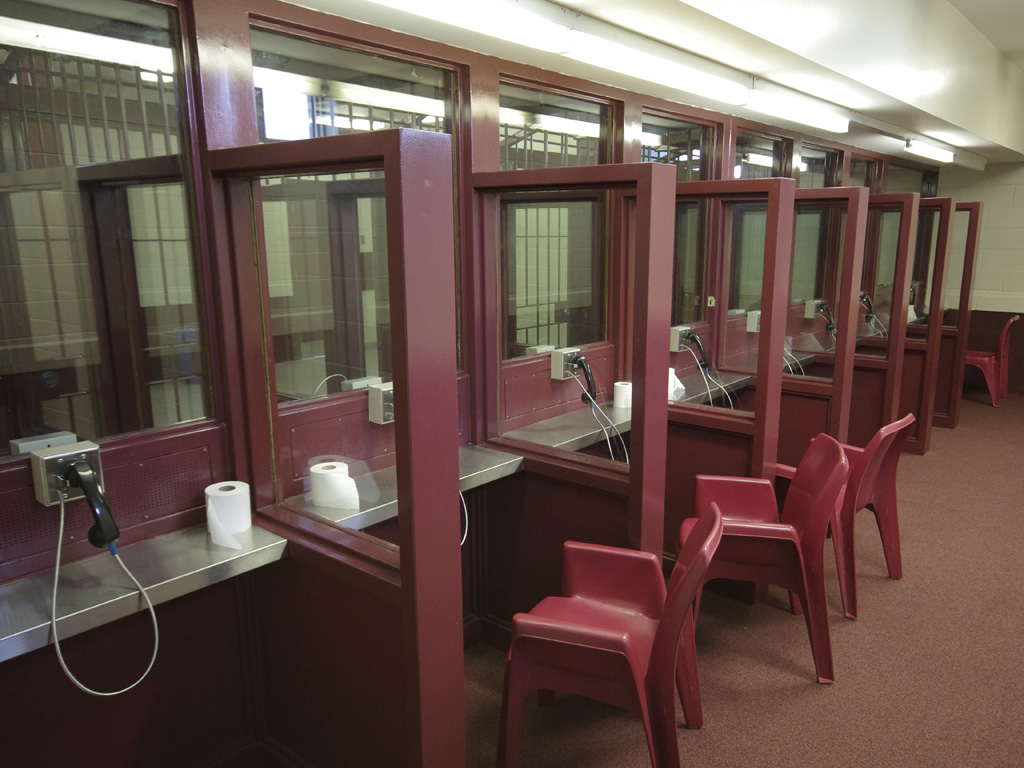
It’s a common scene in film and TV that we’ve all seen dozens if not hundreds of times. Someone doing time has an attorney, family member, or friend arrive at the prison for a visit. The visitor sits waiting patiently in a little cubical waiting for the prisoner to be escorted in to take a seat on the other side of a thick piece of glass. Each of them grabs a phone and they converse, all void of the element of actual presence that would allow for the kind of human touch we’ve all been made for.
That scene always leaves me feeling like I’ve just witnessed the way things are not supposed to be. It is especially poignant when the visitor separated by glass and what might be many years or even a lifetime one’s spouse, child, or parent.

While watching the fall spectacle of playoff baseball over the last couple of weeks, I’ve been struck by how many fans in the stands engage with a crucial moment of expectation by standing and holding their phones in order to catch a video or photo. While I’m at home watching through the glass of my big screen TV all the while wishing I was actually there, I find irony in the fact that those who are actually there are choosing to mediate the moment for themselves with their phones. But it’s not just playoff baseball, is it? It’s just about every important moment in life, isn’t it?
I would be the first to say that pictures are a blessing. Just this week I looked at some photo albums my mom keeps, all filled with black and white memories of generations past. But I do wonder if we’ve gone overboard. Those of us who are older know what it’s like to be fully present in the moment, filling our heads rather than our smartphones with unmediated presence. I’m afraid that our kids, labeled appropriately “iGen” by Dr. Jean Twenge, might never experience the full joy of unmediated moments that sear themselves into one’s memory for life.
As I think about kids, phones, and too many adults whose lives are filled with desires to capture so many moments and photo-dump the heck out of social media, these words from Liel Leibovitz in the November issue of First Things offer a wonderful reset to fuel what should be a wonder-filled life. . .
“When we choose to forgo being in the moment and opt to photograph it instead, and when we make the same choice again and again—in a restaurant, on a visit to a museum, at a family celebration—we lose the ability to see the minute particles of truth and beauty that float everywhere around us yet are visible only when we strive truly to connect, with ourselves and with each other and with our Maker. Being present with a fellow human being is both a miracle and an ordeal; it requires empathy and imagination and concentration, and when it works, which is not always the case, it leaves us feeling less lonely. This ‘being present’ is, in fact, the prerequisite of any sort of moral life. To choose between good and evil we must be able to feel the pull of both, the pleasures of helping a friend in need, say, and the searing emptiness of indulging our basest appetites until we’re ready to burst. Our addiction to photography keeps us out of the human drama, leaving us as mere documentarians of a life that we’ve never truly lived. . . . If we truly want to see the world and know it, our eyes and our hearts are all we need.”
Let’s all consider how to strike the proper balance in our own lives. . . using the wonderful technological tools we’ve been given to God’s glory and to the advance of human flourishing rather than to its’ diminishment.